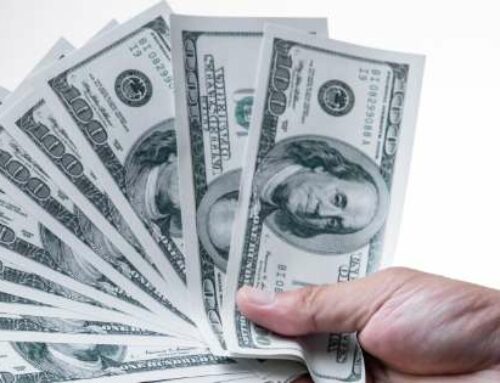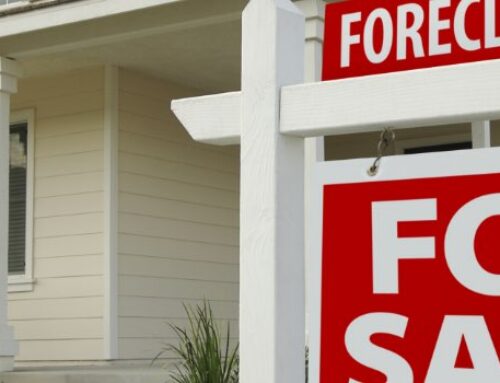The History of Property Taxes
If you own residential or commercial real estate, you know you have to pay your property taxes every year. Of course you have to pay the bill you receive every November, but what’s the background of this practice? Where do property taxes come from? The Tax Ease team has been helping home and business owners pay these fees since 2003, so we understand the ins and outs of property taxes quite well. We’ve helped our clients cover literally hundreds of millions of dollars’ worth of these potentially burdensome bills. If you’re struggling with property taxes, you’re definitely not alone—people have been dealing with these fees for centuries. Learning more about their origins can help you better understand and take charge of them so you can avoid penalties, maximize your cash flow, and keep your home or company thriving. Read on to discover more about the history of property taxes.
Taxation of Yore
The property tax system—having landowners provide a portion of their assets to support the functioning of the community—has existed for millennia. In his paper “A Brief History of Property Taxes,” (presented in 2004 at the International Association of Assessing Officers’ conference) Richard Henry Carlson explains: “the earliest known tax records, dating from approximately six thousand years B.C., are in the form of clay tablets…Property taxes were used in Egypt, Babylon, Persia, and China and throughout the ancient world.” When compared to income, property, goods, services, sales, and other fees, property taxes are some of the most fundamental.
Carlson goes into greater detail on Ancient Egyptian property taxes: “[they] were levied against the value of grain, cattle, oil, beer, and land…The most common taxpayers were the farmers, from whom assessors coerced collection.” Even archaic taxpayers weren’t always keen on the idea of giving up a segment of their assets! While Ancient Egyptians didn’t always enjoy giving up ten percent of their property, the importance of property taxes in couldn’t be overstated. Carlson notes: “There were tombs and monuments for [tax] assessors in Egypt and Syria that rivaled those of some kings,” so great were their contributions to their civilizations.
Medieval Money Matters
Property taxation became codified in the Middle Ages. In the feudal system, “the average peasant paid one tenth (a tithe) of the value of crops to the lord who then passed on a percentage to the king.” William the Conqueror formalized this procedure by having each town keep “cadastral records of everyone who owned property,” noting its approximate value for taxation. Perhaps indicating the people’s distaste for property taxes, “this book was called the Doomsday Book, and the name lasted for hundreds of years.”
The next medieval tax development came with another important document—“in 1215, King John was forced to sign the Magna Carta, which limited the king’s power to raise revenues” and required nobles’ consent for taxation. This did not mean, however, that the property tax disappeared. Only churches and the extremely poor were exempt from personal property taxes, but people did everything they could to circumvent these fees, shuffling around their assets to avoid assessment. Still, property taxes were a key fundraising technique to keep medieval society functioning.
Colonial Issues
As any student of early American history may remember, taxes were a major concern in the colonial era. One of the major conflicts between Great Britain and the colonies was the king’s attempt to tax settlers without giving them representation in parliament. However, property taxes were generally much more accepted, especially since they largely funded local governments and communities. The Pilgrims “formed a pact that bound them to a set of laws, among them the creation of taxes and assessments….in Boston, the Puritans implemented property taxes to pay for the church and the religious education of their children.” These fees were compulsory, and colonial settlements typically created relatively advanced assessment methods to keep their towns running. Carlson notes: “the Southern colonies…opted for a greater focus on poll taxes [fees levied on each adult male, regardless of income, so named because one could not vote without paying the poll tax]” because “property taxes were not in the interest of the wealthy classes who owned large estates.”
Establishing American Property Taxes
Property taxes were key in allowing the colonies to achieve their independence from Britain. In his Economic History Association article, “History of Property Taxes in the United States,” Glenn. W. Fisher writes: “When the Revolutionary War began, the colonies had well-developed tax systems that made a war against the world’s leading military power thinkable.” However, creating a workable American property tax system was quite the challenge for this fledgling nation. Arguments erupted about how to calculate these fees and how taxation fit in with American values of independence, freedom, and equality. Eventually, each of the new states decided to determine its property tax rates and means for itself, and this remains an ever-evolving process.
Are You Struggling with Property Taxes?
From the Doomsday Book to the American Revolution, property taxes have been a pivotal but at times troublesome aspect of our history. If you’re having difficulty paying your fees this year, Tax Ease can help by providing a property tax loan. Contact us today to learn more about our services or get a free quote.








